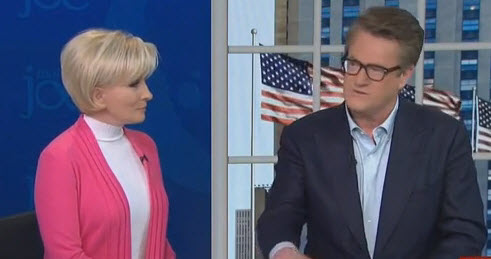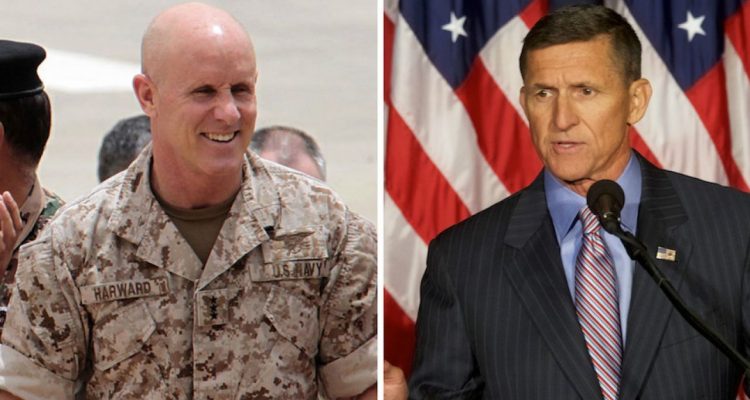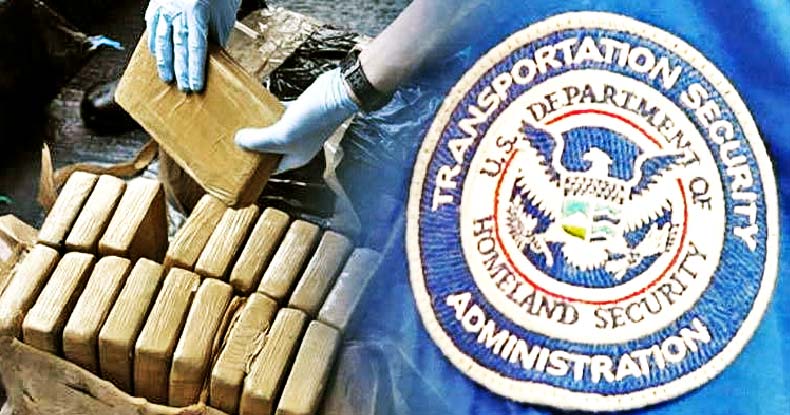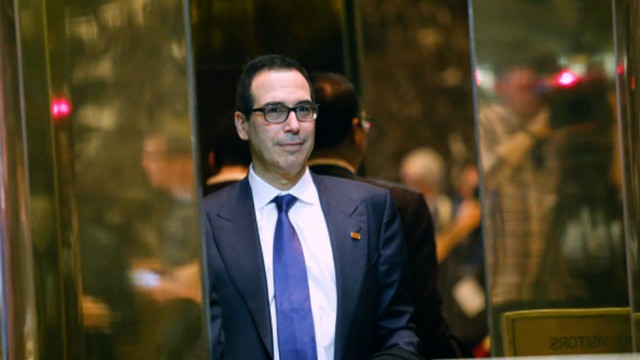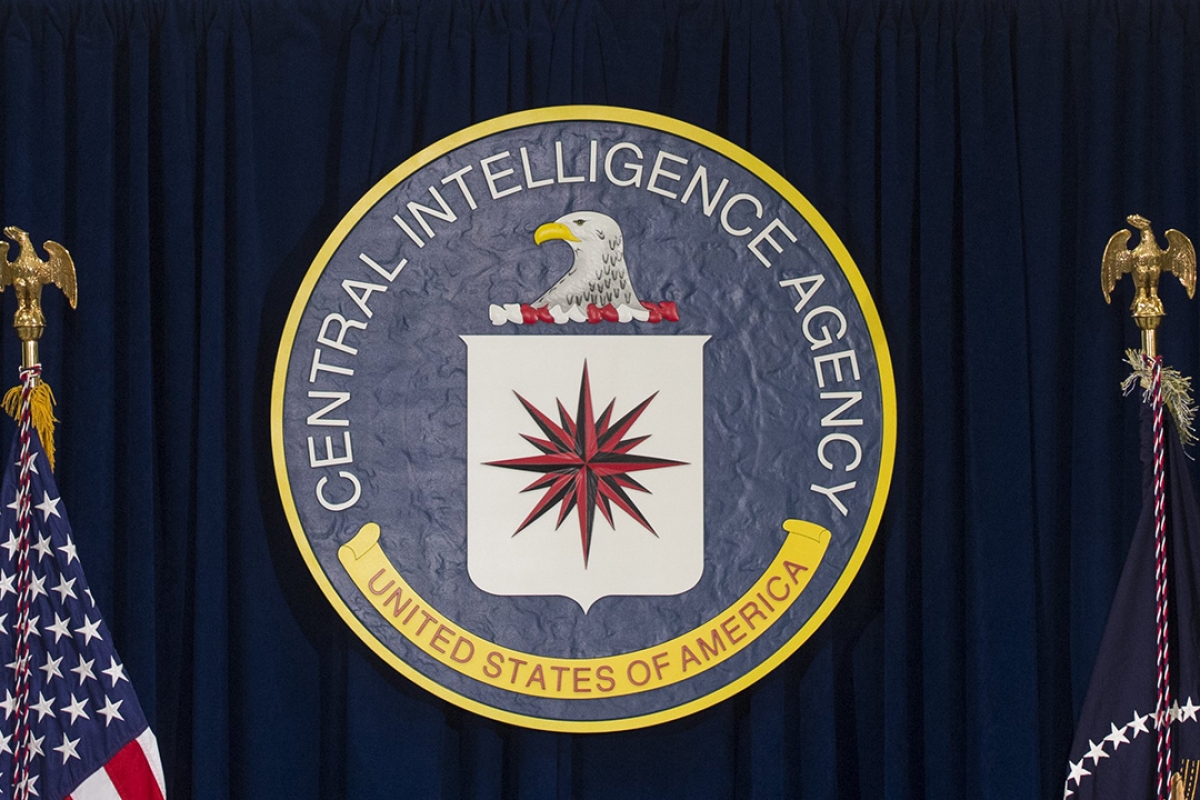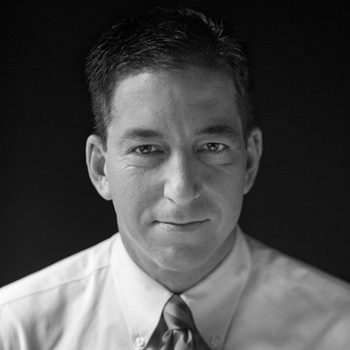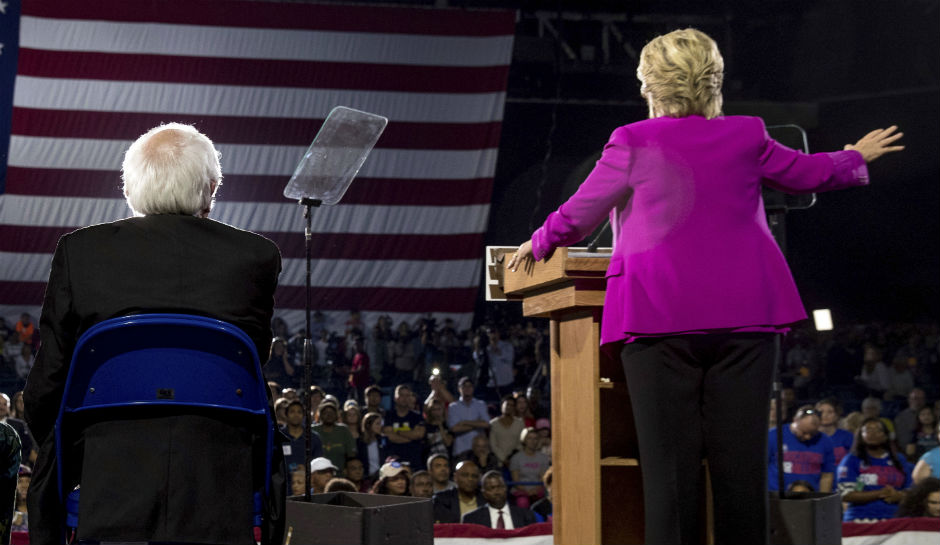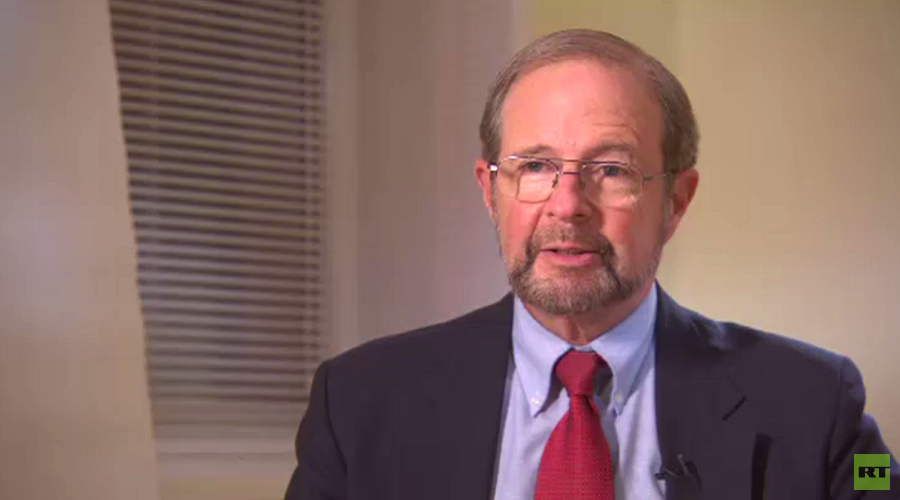
IN 2011, UNEMPLOYMENT WAS at a near crisis level. The jobless rate was stuck around 9 percent nationally, an unusually high number due to the continuing effects of the financial crash.
House Democrats were aghast. “With almost five unemployed Americans for every job opening, too many people remain jobless because of a lack of work, not a lack of wanting to work,” said Congressman Lloyd Doggett, D-Tex. So in early November 2011, they introduced a bill to reauthorize Federal unemployment benefits, an insurance program designed to aide those looking for work.
Behind closed doors at the Federal Reserve however, the conversation struck a different tone.
The Federal Reserve’s mandate is to promote “maximum employment,” which essentially means: print enough money so that everyone who wants one has a job. Yet according to transcripts released this month after the traditional five-year waiting period, Federal Reserve officials in November 2011 were debating whether unemployment was caused by bad work ethics and drug use – rather than by the greatest financial crisis in 80 years. This debate then factored into the argument over setting monetary policy.
“I frequently hear of jobs going unfilled because a large number of applicants have difficulty passing basic requirements like drug tests or simply demonstrating the requisite work ethic,” said Dennis Lockhart, a former Citibank executive who ran the Atlanta Federal Reserve Bank. “One contact in the staffing industry told us that during their pretesting process, a majority—actually, 60 percent of applicants—failed to answer ‘0’ to the question of how many days a week it’s acceptable to miss work.”
The room of central bankers then broke into laughter.
Charles Plosser, the president of the Philadelphia Federal Reserve, cited “work ethic” as a common complaint he heard in his district, both in rural and inner city areas. A contact of his who owned 60 McDonald’s restaurants said “passing drug tests, passing literacy tests, and work ethic are the primary problems he has in hiring people.”
His wife, he noted, had attended a meeting in Philadelphia where employers cited literacy, work ethic, and drugs as impediments to hiring.
It was hardly the first time these bankers blamed unemployment on the unemployed, rather than, say, bankers. In an April meeting that year, Richmond Federal Reserve President Jeff Lacker told participants that “Several firms told us of difficulty finding adequate workers, because they preferred to collect unemployment benefits or can’t pass drug tests.” He reiterated that point in November, saying that in West Virginia he was told by an employment agency that “unquestionably the biggest problem in hiring skilled and unskilled workers was the inability to pass a drug test.”
Lacker’s Federal Reserve district includes West Virginia. In August, he again spoke of “widespread reports about hard drug use, OxyContin and methamphetamine, in Appalachia and other rural parts of our District—in particular, Appalachia.”
Apparently his colleagues responded with laughter again, because he then said “Drug abuse and the hardship involved in unemployment aren’t really laughing matters.” Usage, he noted, isn’t higher than the national norm in West Virginia. “It’s hard to pin this down quantitatively,” he continued, wondering if there was “something meaningful there as a contributor to impediments to labor market functioning.”
These debates took place within the Federal Open Market Committee (FOMC), the Federal Reserve body tasked with “influenc[ing] the availability and cost of money and credit to help promote national economic goals.” The debate revealed a split within the Federal Reserve system between “hawks” who worry more about inflation than unemployment, and “doves” who believe that too many are going without jobs. Typically, “hawks” tend to lean to the right politically, and “doves” tend to lean slightly more to the left.
Lacker is one of the most “hawkish” members of the FOMC, which means he tends to be in favor of higher interest rates and higher unemployment to ward off inflation. In 2015, Lacker ascribed increasing inequality to the lack of college education among the poor
Sarah Bloom Raskin, a dovish member of the Board of Governors, countered by saying that unemployment was a function of the financial crisis. “The economy remains mired in the worst slump since that of the 1930s,” she said.
Daniel Tarullo, another dovish Federal Reserve governor appointed by President Obama, called the focus on drug use a “red herring.” He said, “We had that problem 25 years ago, 20 years ago, 10 years ago; we have it today; and we’re going to have it 5 years from now.” He cited housing debt from the largest housing bubble in history as a core driver of unemployment.
The transcripts illustrate how the controversial method of picking Federal Reserve officials plays out in setting monetary policy: The three men who cited work ethic or drug use as a cause of unemployment instead of the financial crash were picked by regional private sector businessmen to lead the local Reserve banks.
The Dodd-Frank financial reform law passed in 2010 mandated that the Federal Reserve Board in Washington approve the choices of private businessmen, but the Board has yet to reject any suggested candidates. The board members who cited the financial crash as causing unemployment were appointed by the president and confirmed by the Senate.
The concept of having private business interests selecting public officials has been criticized by experts. As Wharton professor and author of “The Power and Independence of the Federal Reserve” Peter Conti-Brown put it, “It’s not clear at all that the opaque and obscure process by which the private sector selects the Reserve Bank presidents produces superior central bankers than the public process used to select the remaining principal officers of the United States.” This controversial selection process risks having, as he put it, “a system for enhancing the influence of certain slices of society on our central banking policy.
Lacker and Lockhart are retiring this year. Advocates and experts are putting pressure on the Richmond Federal Reserve to replace retiring Reserve Bank Presidents with someone more attuned to the reality of unemployment. Fed Up, a coalition of advocates seeking to shift the Fed from its traditionally pro-bank policies, is seeking to have the regional bank President’s picked with more attention to the needs of workers.
Jordan Haedtler, deputy campaign manager of Fed Up, lashed out at Lacker’s comments as related in the newly released transcripts. “Even nine years into the recovery, workers are still struggling to get the wages and hours they need,” Haedtler said. “Yet with unemployment above double digits in huge swaths of President Lacker’s district in 2011, he was citing anecdotes about drug use and desire to collect unemployment benefits as key reasons why employers weren’t hiring. Rather than looking for solutions and talking to people who were out of work, he was seeking excuses from employers.”
President Donald Trump has a number of vacancies on the Federal Reserve Board to fill as well. He has been highly critical of Federal Reserve Chair Janet Yellen. He argued, without citing evidence, that she pursued monetary policy goals to help support Barack Obama and elect Hillary Clinton. If Yellen and Tarullo follow custom and step down from their board slots in 2018, Trump could appoint a majority of Federal Reserve board members within two years.
Despite the importance of monetary policy, the Federal Reserve keeps the transcripts of internal deliberations of the committee that sets monetary policy out of public view for at least five years. But the people who attend those meetings take other jobs — some in the financial services industry. In 2010, incoming House Oversight Committee Chairman Darrell Issa questioned whether it was appropriate for the Fed to withhold its deliberations for so long. “If the Fed’s full transcripts can be released sooner, they should be,” he said.
The debate in the Fed and within Congress was ultimately resolved. The Federal Reserve kept interest rates low. And in 2011, a new wave of recently elected Tea Party Republicans and Democrats finally compromised on language to cut unemployment benefits.
Neither West Virginia senator, Shelley Moore Capito nor Joe Manchin, would comment on Lacker’s discussion of the West Virginia drug epidemic and its relationship to unemployment. The Appalachia region, including West Virginia, went strongly for Trump in the 2016 election.
Source: Federal Reserve Bankers Mocked Unemployed Americans Behind Closed Doors
